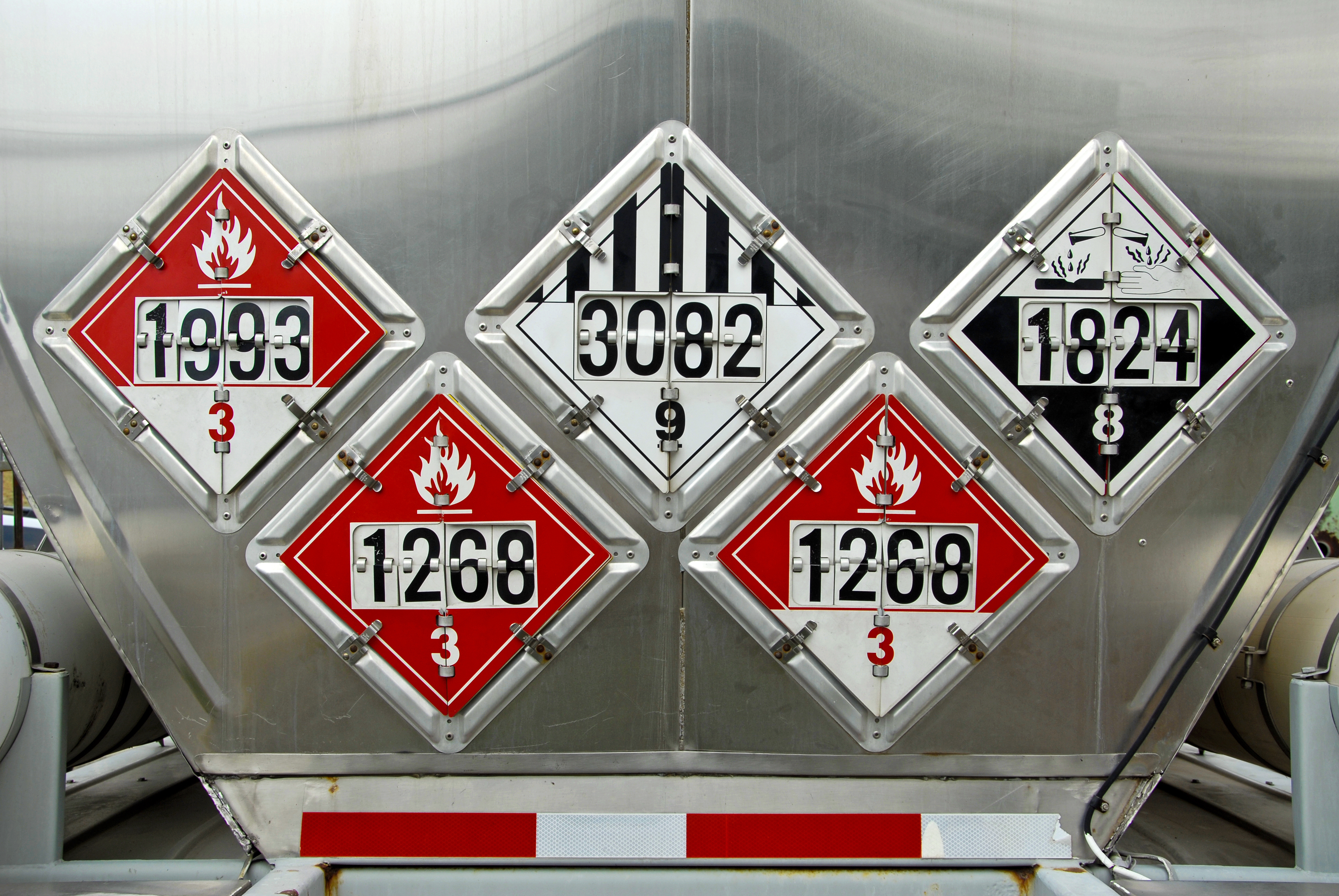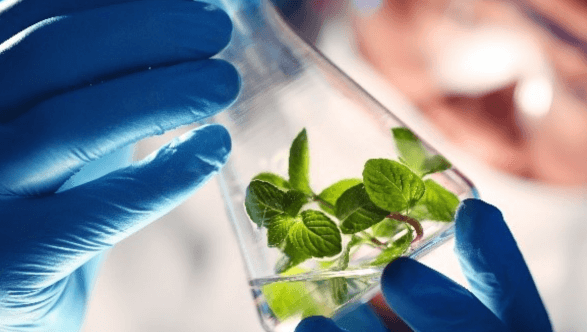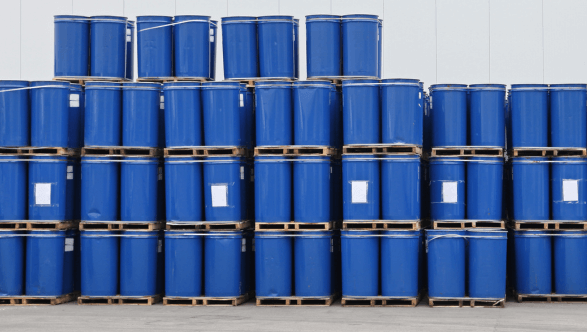Waste & Recycle Solutions

Recycled solvents & waste acquisition programs
Protecting the Environment Through Creative Solutions
When you select Hydrite you can be assured that your waste is being professionally managed in full compliance with all federal, state, and local environmental regulations. We will assist you in reducing your organization’s environmental footprint through the reuse and recycling of materials.

Waste Management
Managing waste and recycling programs requires extensive knowledge and experience in the storage, treatment, and transportation of hazardous and non-hazardous wastes. At Hydrite, our team of experts tailor these programs to our customer’s specific needs and requirements.

Hydrite’s Philosophy & Capabilities
Hydrite believes in providing creative solutions for our customers. When you select Hydrite you can be assured that your waste is being professionally managed in full compliance with all federal, state, and local environmental regulations. Hydrite strives to be a no-landfill company and provide our customers with creative recycling and reuse solutions. Hydrite owns and operates a TSDF (treatment storage disposal facility) in Cottage Grove, WI that includes solvent recycling. Hydrite is also a permitted hazardous waste hauler at multiple facilities throughout the Midwest.

Environmental Services
Waste Services
These services are designed to ensure compliance with regulations and to manage the safe disposal of laboratory-generated waste. Each of these environmental services plays a vital role in managing and mitigating the environmental impact of various industries while adhering to regulatory standards and promoting sustainability.
Solvent Recycling
Solvent recycling involves the recovery and reclamation of solvents from industrial waste streams. This process aims to reduce the environmental impact and cost associated with disposal while promoting the reuse of valuable resources.
Fuel Blending
Fuel blending involves mixing different fuels or blending waste-derived fuels to meet specific quality or regulatory requirements. This service is often used to create alternative fuels from waste materials, contributing to more sustainable and environmentally friendly energy sources.
Waste to Energy
Waste to energy is a process that converts non-recyclable waste materials into usable energy, such as electricity, heat, or fuel. This approach helps reduce the volume of waste sent to landfills and provides a renewable energy source, contributing to a more sustainable waste management system.
Wastewater Treatment
Wastewater treatment involves the removal of contaminants from industrial or municipal wastewater before it is released into the environment. The process includes physical, chemical, and biological methods to ensure the treated water meets regulatory standards.
Wastewater Disposal
Wastewater disposal refers to the responsible and compliant discharge or disposal of treated wastewater into the environment. Compliance with environmental regulations is crucial to prevent negative impacts on ecosystems and public health.
Tank Cleaning
Tank cleaning is the process of removing residue and contaminants from storage tanks, ensuring they meet safety and environmental standards. Tank removal may be necessary for decommissioned or obsolete tanks, with proper disposal or recycling of the tank materials.
Incineration
Incineration is a waste treatment process that involves the combustion of organic substances in waste materials. This method is used to reduce the volume of waste, eliminate certain types of pollutants and generate energy.
Lab Pack Services
Lab pack services involves the proper packaging, transportation, and disposal of small quantities of laboratory chemicals and hazardous materials.
Solvent Recycling Services
These solvent recycling services collectively contribute to sustainable waste management practices, reduce the environmental impact of solvent use, and offer economic benefits by reclaiming valuable resources.
Thin Film Evaporation
Thin film evaporation is a solvent separation process that involves the application of heat to a thin film of solvent, promoting evaporation and leaving behind concentrated substances. This method is often used for heat-sensitive materials and can be an efficient way to recover solvents from various industrial processes.
Vacuum Distillation
Vacuum distillation is a process that separates components of a liquid mixture based on their boiling points under pressure. This method is particularly useful for recovering solvents with high boiling points and can be employed in solvent recycling to improve efficiency.
Custom Batch Recycling
Custom batch recycling services are tailored to the specific needs of a client or industry. This approach allows for the recycling of solvents in a way that aligns with the unique characteristics and requirements of the materials being processed.
Generic Batch Recycling
Generic batch recycling involves the processing of solvent batches without customization for specific clients. This service may be suitable for clients with more standardized solvent recycling needs and can offer a cost-effective solution.
Waste Solvent Acquisition
Waste solvent acquisition involves the collection and acquisition of used or discarded solvents from various industries. This service contributes to the circular economy by reclaiming valuable solvents for recycling instead of allowing them to become environmental pollutants.
Drying (Molecular Sieve)
Drying (molecular sieve) is a method employed in solvent recycling to remove water content from solvents. Molecular sieves selectively adsorb water molecules, helping to regenerate and purify solvents for reuse.
Fractionation
Fractionation is a separation process that divides a mixture into its individual components or fractions based on differences in boiling points. This technique is commonly used in solvent recycling to separate and recover specific components from a solvent mixture.
All Package Sizes Including Bulk
Solvent recycling services are often flexible and can accommodate various package sizes, including bulk quantities. This adaptability allows industries with different scales of solvent usage to participate in solvent recycling programs.

Contact Us
Want to learn more about Hydrite's waste and recycle solutions?
